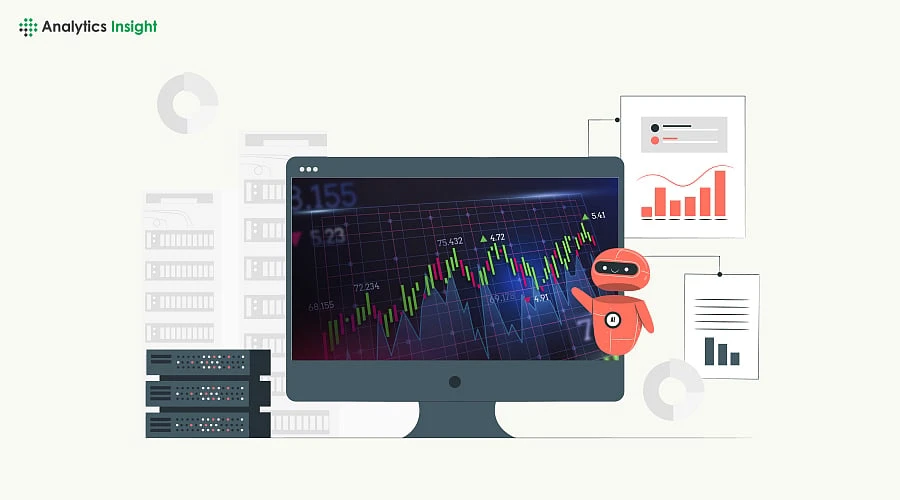The prediction analytics of stock markets with the assistance of Artificial Intelligence and Data Science have been improved to yield better results.
It is the advanced algorithms that are now used to optimize real-time trading strategies. Data-driven insights and factor analysis facilitate smarter investment decisions.
That’s right, the stock market is changing drastically with the advances that AI and Data Science have provided in decision-making, trade strategy development, and risk management optimization. The technologies give the participants in the market the power to process millions of data, spot trends, and execute trades with a new frontier of speed and precision.
Predictive Analytics and Market Forecasting
AI considers different scenarios based on the analysis of historical data, news sentiment, and macroeconomic indicators to define predictions and market trends. The latest of Norway’s $1.8 trillion sovereign wealth fund are being channeled to predict internal trading patterns, thus cutting down annual trading costs by an estimated $400 million.
Advanced models such as MarketSenseAI 2.0 are more robust, as they process financial news, earnings calls, and macroeconomic data using large language models (LLMs), yielding a cumulative return of 125.9% over two years on S&P 100 stocks compared to the index’s 73.5%.
Algorithmic and High-Frequency Trading
AI is basically buying and selling by reviewing key parameters and real-time data; therefore, the execution of trades under algorithmic and high-frequency trading (HFT) becomes possible. The systems identify arbitrage situations and respond to changes in the market in milliseconds. The applications of AI in trading platforms have generated efficiency and lowered the cost of transactions.
Sentiment Analysis and Market Psyche
provides AI systems with an alternative for sentiment analysis, say, on news articles, social media, and financial reports. By gauging market sentiment, traders can anticipate market movements. Studies have shown that models like FinBERT and GPT-4 can classify market sentiment and predict price movements with significant accuracy.
Portfolio Arranging and Practicing Risk Management
AI in Portfolio Management understands a much wider range of datasets for the purposes of asset allocation and risk management. In the asset management field itself, AI-powered analytics enable firms to develop portfolio optimization, risk assessment, and fraud investigations while reducing human error. Also, the worldwide AI in data science market is lately exploding and is expected to jump from USD 16.8 billion to USD 233.4 billion at a CAGR of 30.1% by 2033.
Real-Time Decision-Making and Adaptation Strategies
AI systems process data into real time and can then dynamically modify trading strategies. Thus, they provide opportunity for traders to adapt to market movements and changing trend. The AI-INDEX, or barometer of AI companies, soared 2,225 basis points in 2024 for an annualized gain of 60.8%, outpacing indexs that are such as the Nasdaq Composite and the Dow Jones Industrial, among many others.
Regulatory Compliance and Fraud Detection
AI aids in regulatory compliance by monitoring transactions for suspicious activities, ensuring adherence to financial regulations. can detect anomalies and potential fraud, enhancing the integrity of financial markets.
Challenges and Ethical Considerations
Despite the benefits, the integration of AI in the stock market presents challenges, including data privacy concerns, algorithmic biases, and the need for transparency. Regulators and market participants must address these issues to ensure ethical and equitable use of .
The incorporation of AI and Data Science into the stock market is transforming trading practices, enabling more informed decision-making and fostering efficient markets. As these technologies continue to evolve, they will play an increasingly pivotal role in shaping the future of financial markets.
